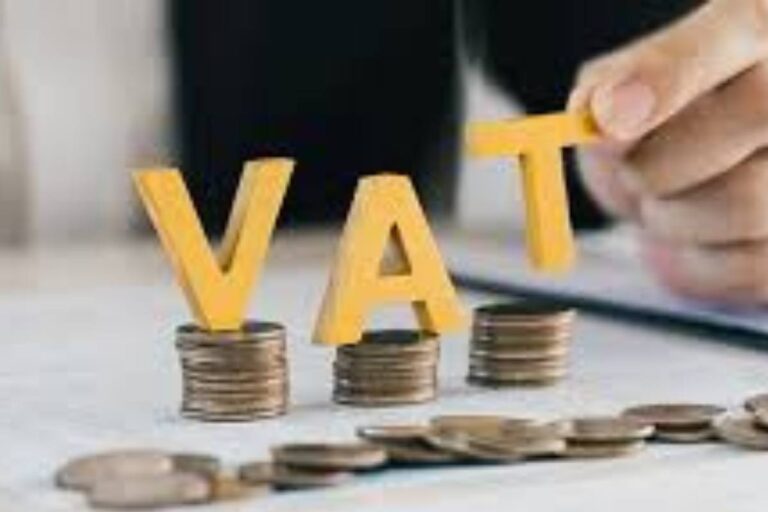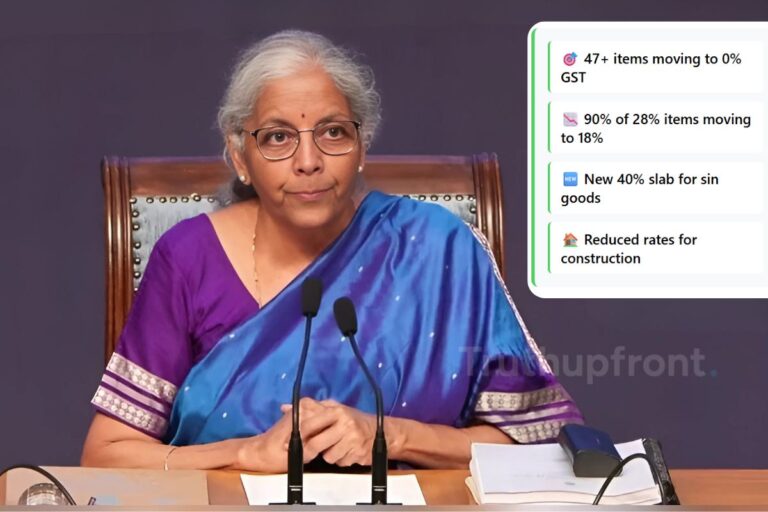The UAE’s Federal Tax Authority has sent out an urgent reminder to businesses to meet important tax compliance deadlines as the deadline for filing corporate taxes on September 30, 2025, gets closer.
Important Deadline Alert
The Federal Tax Authority sent out a clear warning this month: every business in the UAE has nine months after the end of its financial year to file its corporate tax return. For businesses that follow the standard calendar year, which ends on December 31, 2024, this means that the first-ever corporate tax return is due by September 30, 2025.
This is not just a suggestion. It’s against the law, and not following it can have big financial effects.
The FTA made it clear in its August announcement that “filing tax returns is a fundamental legal obligation that must be fulfilled to ensure compliance with tax legislation and avoid fines and penalties for non-filing and delays.”
Big Fines for Filing Late
Businesses that don’t meet the deadline will face increasing fines that can add up quickly. The FTA has made it very clear what the penalties will be, so there isn’t much room for error.
If you file late, you’ll have to pay the following:
- AED 500 per month for the first 12 months of delay
- AED 1,000 per month from the 13th month onwards
- 14% annual interest rate on any unpaid taxes
If a business didn’t register for corporate tax on time, it will have to pay an extra AED 10,000 penalty. The FTA has, however, given businesses a temporary lifeline: they won’t have to pay this fine if they file their first tax return within seven months of the end of their first tax period.
There are also penalties for filing late. If you give false information or don’t follow the rules set by the Tax Procedures Law or the Corporate Tax Law, you could face more fines.
Who Has to File Returns
The corporate tax net covers a lot of ground in the UAE business world. Knowing who needs to file makes the FTA’s message clearer and more urgent.
The following entities must register and file returns:
- All businesses on the mainland that do business in the UAE, regardless of size or industry
- Businesses in free zones (even those qualifying for 0% tax rate)
- Foreign companies with permanent offices in the UAE
- Individual business owners, freelancers, and sole proprietors with annual net income over AED 375,000
- Partnerships and joint ventures
- Some exempt entities that still need to file annual declarations
The EmaraTax Platform Makes Things Easier
The FTA has made EmaraTax its main digital platform for all business tax activities. The platform is open 24 hours a day, seven days a week, and does everything from registering new users to filing returns and processing payments.
Key Features:
- Direct registration using email address or UAE Pass
- Step-by-step process for entity selection and document upload
- Smart workflows to ensure accuracy
- Complete digital history for faster FTA issue resolution
- Option to work with authorized tax agents
- Draft saving feature for multi-session completion
Documents Needed
Getting ready in the right way is very important for meeting the deadline. The FTA stressed how important it is to get all the papers you need ahead of time.
Essential Documents:
- Commercial licenses
- Emirates ID copies for owners or authorized signatories
- Passport copies
- Corporate tax registration certificates
Financial Documentation:
- Audited financial statements
- Trial balances
- Profit and loss statements
- Bank statements
Additional Requirements:
- VAT returns (if applicable)
- Related party transaction details
- Lease agreements or tenancy contracts
- Economic substance reports (where relevant)
- Power of attorney documentation (for third-party filing)
The FTA says that you should start collecting documents early because rushing to get them all together at the last minute can lead to mistakes or missed deadlines.
Following the Rules for Transfer Pricing
Transfer pricing documentation makes the filing process even more complicated for businesses that do business with related parties. The FTA’s transfer pricing rules say that all transactions between connected people must follow the arm’s length principle.
Requirements:
- Complete comprehensive transfer pricing documentation
- Include Master and Local Files where applicable
- Finalize documentation before the audited financial statements
- Reflect necessary financial adjustments in the final accounts
- Assess obligations based on transaction volumes and revenue ranges
When and How to Do an Audit
Companies that haven’t finished their 2024 audits yet have a shorter time frame because of the September deadline. Before they can file their corporate tax returns, businesses must finish their audited financial statements.
Critical Points:
- FTA may request supporting documentation within days of filing
- Early engagement with approved auditors is crucial
- September creates peak season for UAE audit firms
- Secure auditor availability well in advance
Things to Think About in Free Zones
It’s especially hard for businesses in free zones to figure out what they need to file. Many people qualify for the 0% corporate tax rate under certain conditions, but they all still have to register and file returns.
QFZP Requirements:
- Earn qualifying income
- Maintain adequate economic substance within the free zone
- Carefully review activities throughout the tax period
- File annual return as a compliance declaration (even with zero tax liability)
Minimum Top-Up Tax Effect
Starting on January 1, 2025, the Domestic Minimum Top-Up Tax (DMTT) will make things even more complicated for big multinational companies. Companies that make more than EUR 750 million in sales around the world need to figure out what their responsibilities are under this new system.
The DMTT is a minimum tax of 15% on UAE profits for eligible multinational groups. This could change the way some companies used to benefit from offshore tax breaks.
Help and Resources
The FTA is still running awareness campaigns to help businesses understand their responsibilities under the new corporate tax system, which is very complicated. The authority keeps in touch with businesses directly to deal with problems and get feedback on how the process is going.
Available Resources:
- Detailed guides on the FTA website
- Comprehensive explanations for registration and complex scenarios
- Corporate Tax Law documentation
- Cabinet and Ministerial Decisions
- List of authorized tax agents for additional support
How Important Compliance Is to Strategy
The implementation of corporate tax is a big change for businesses in the UAE. The FTA stresses timely compliance because the system is strategically important for the country’s economic growth and integration into the world.
Benefits of Compliance:
- Maintaining business reputation and stakeholder trust
- Facilitating financial audits and investor due diligence
- Access to government incentives (R&D, high-value employment credits)
- Positioning as a reliable partner in the UAE’s evolving business environment
The deadline of September 30 is the first big test of how well UAE businesses have adjusted to the new corporate tax system. Companies that meet this deadline show that they are trustworthy partners in the UAE’s changing business world.
The FTA’s message is clear: businesses need to get ready quickly and take action to meet their tax obligations or face big fines.





















